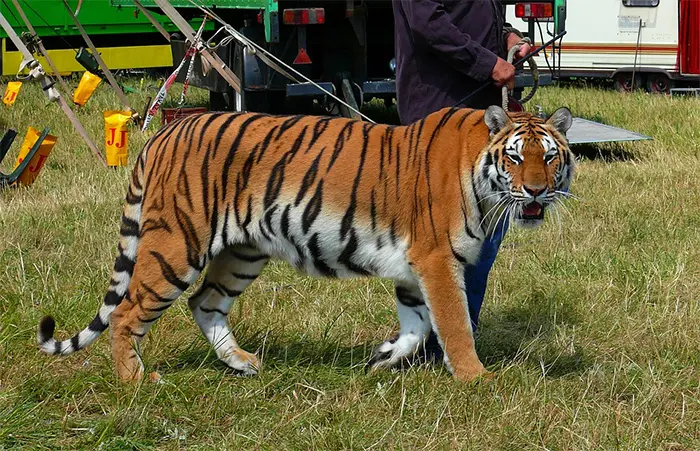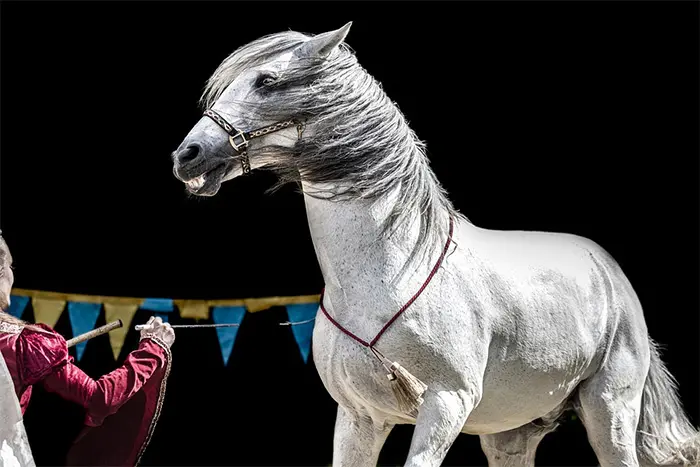France, the birthplace of contemporary circus, recently passed a law prohibiting the use of wild animals in live circus shows and other live acts. The new legislation should spell an end to performing lions, elephants, bears, tigers, and many others. Hence, this should put an end to animal cruelty brought about by harsh training methods just to get them to perform tricks. These captive performers also spend most of their lives in small cages and boxcars. While people in the stands enjoy watching them do some tricks, people are unaware of the threat of punishment that these poor creatures have to endure at the backstage.
The concern about using wild animals in the circus has been raised by various animal rights advocates around the world. And to address the issue on animal abuse, more than 20 European countries have officially banned the use of wild animals for entertainment. In France, the ban has been under debate since 2020. With a vast majority of French people supporting the law, French lawmakers voted to pass the proposal into law to officially ban the use of wild animals in the circus. The policy states that performances of wild animals will be banned in two years and owning them will be illegal in seven years.
France Bans The Use Of Live Animals In The Circus

The new legislation also strictly prohibits live dolphin shows in the next five years, ordering the country’s three existing facilities to stop breeding or importing dolphins and white whales for live shows. It also immediately bans mink farming, ordering immediate closure of all practicing operators in the country. Maximum penalty for animal cruelty has been raised to up to five years in prison and a fine of €75,000 euros ($85,000 USD).

While the new law protects wild animals from being exploited for entertainment purposes, there are still other controversial issues that were not included within its scope. Several mistreating practices such as hunting and bull-fighting are still left out in the open. And while animal rights activists are still calling for additional measures to address these issues, circus owners and performers got some pushback on the restrictions that would adversely affect their livelihoods. As a response to their protest, the French government has promised to allocate €8 million euros ($9.2 million USD) to help displaced workers in the affected industry.


Many French circuses are also looking for a new alternative including the use of futuristic holograms instead of live animals. The famous German Circus Roncalli, for example, has replaced live animals with holograms since 2018 as a way to support animal rights advocacy.
Learn more about the new law on the video below

